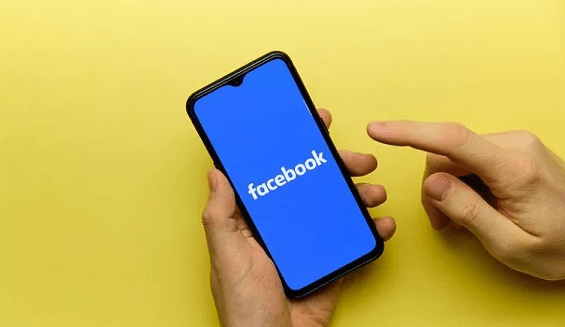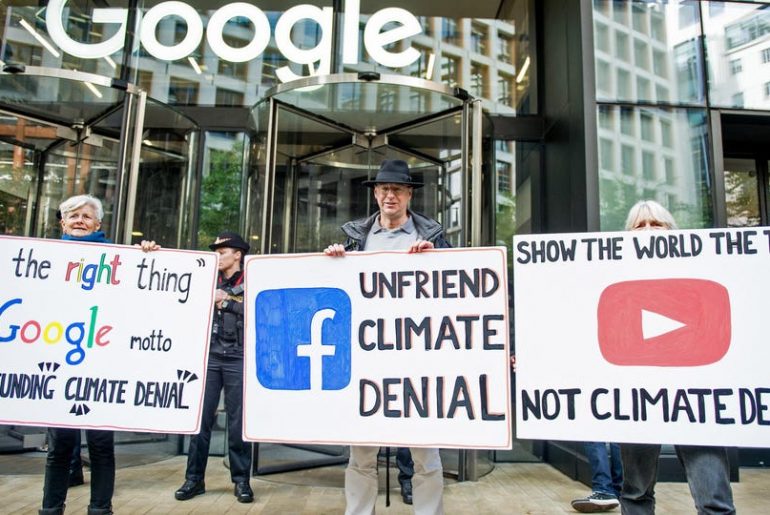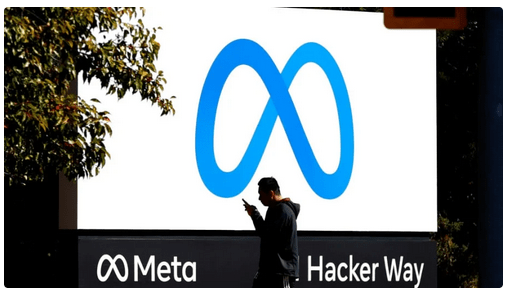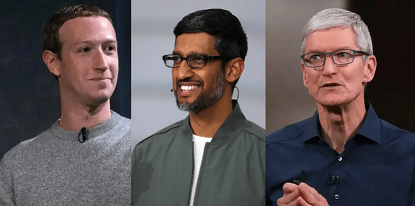Sourced from TECH2
The metaverse is a world of endless, interconnected virtual communities where people can meet, work and play, using virtual reality headsets, augmented reality glasses, smartphone apps or other devices.
The term “metaverse” seems to be everywhere. Facebook is hiring thousands of engineers in Europe to work on it, while video-game companies are outlining their long-term visions for what some consider the next big thing online.
The metaverse, which could spring up again when Facebook releases earnings Monday, is the latest buzzword to capture the tech industry’s imagination.
It could be the future, or it could be the latest grandiose vision by Facebook CEO Mark Zuckerberg that doesn’t turn out as expected or isn’t widely adopted for years — if at all.
Plus, many have concerns about a new online world tied to a social media giant that could get access to even more personal data and is accused of failing to stop harmful content.
Here’s what this online world is all about:
What is the metaverse?
Think of it as the internet brought to life, or at least rendered in 3D. Zuckerberg has described it as a “virtual environment” you can go inside of — instead of just looking at on a screen. Essentially, it’s a world of endless, interconnected virtual communities where people can meet, work and play, using virtual reality headsets, augmented reality glasses, smartphone apps or other devices.
It also will incorporate other aspects of online life such as shopping and social media, according to Victoria Petrock, an analyst who follows emerging technologies.
“It’s the next evolution of connectivity where all of those things start to come together in a seamless, doppelganger universe, so you’re living your virtual life the same way you’re living your physical life,” she said.
But keep in mind that “it’s hard to define a label to something that hasn’t been created,” said Tuong Nguyen, an analyst who tracks immersive technologies for research firm Gartner.
Facebook warned it would take 10 to 15 years to develop responsible products for the metaverse, a term coined by writer Neal Stephenson for his 1992 science fiction novel “Snow Crash.”
What will I be able to do in the metaverse?
Things like go to a virtual concert, take a trip online, and buy and try on digital clothing.
The metaverse also could be a game-changer for the work-from-home shift amid the coronavirus pandemic. Instead of seeing co-workers on a video call grid, employees could see them virtually.
Facebook has launched meeting software for companies, called Horizon Workrooms, to use with its Oculus VR headsets, though early reviews have not been great. The headsets cost $300 or more, putting the metaverse’s most cutting-edge experiences out of reach for many.
For those who can afford it, users would be able, through their avatars, to flit between virtual worlds created by different companies.
“A lot of the metaverse experience is going to be around being able to teleport from one experience to another,” Zuckerberg says.
Tech companies still have to figure out how to connect their online platforms to each other. Making it work will require competing technology platforms to agree on a set of standards, so there aren’t “people in the Facebook metaverse and other people in the Microsoft metaverse,” Petrock said.
Is Facebook going all in on the metaverse?
Indeed, Zuckerberg is going big on what he sees as the next generation of the internet because he thinks it’s going to be a big part of the digital economy. He expects people to start seeing Facebook as a metaverse company in coming years rather than a social media company.
A report by tech news site The Verge said Zuckerberg is looking at using Facebook’s annual virtual reality conference this coming week to announce a corporate name change, putting legacy apps like Facebook and Instagram under a metaverse-focused parent company. Facebook hasn’t commented on the report.
Critics wonder if the potential pivot could be an effort to distract from the company’s crises, including antitrust crackdowns, testimony by whistleblowing former employees and concerns about its handling of misinformation.
Former employee Frances Haugen, who accused Facebook’s platforms of harming children and inciting political violence, plans to testify Monday before a United Kingdom parliamentary committee looking to pass online safety legislation.
Is the metaverse just a Facebook project?
No. Zuckerberg has acknowledged that “no one company” will build the metaverse by itself.
Just because Facebook is making a big deal about the metaverse doesn’t mean that it or another tech giant will dominate the space, Nguyen said.
“There are also a lot of start-ups that could be potential competitors,” he said. “There are new technologies and trends and applications that we’ve yet to discover.”
Video game companies also are taking a leading role. Epic Games, the company behind the popular Fortnite video game, has raised $1 billion from investors to help with its long-term plans for building the metaverse. Game platform Roblox is another big player, outlining its vision of the metaverse as a place where “people can come together within millions of 3D experiences to learn, work, play, create and socialize.”
Consumer brands are getting in on it, too. Italian fashion house Gucci collaborated in June with Roblox to sell a collection of digital-only accessories. Coca-Cola and Clinique have sold digital tokens pitched as a stepping stone to the metaverse.
Zuckerberg’s embrace of the metaverse in some ways contradicts a central tenet of its biggest enthusiasts. They envision the metaverse as online culture’s liberation from tech platforms like Facebook that assumed ownership of people’s accounts, photos, posts and playlists and traded off what they gleaned from that data.
“We want to be able to move around the internet with ease, but we also want to be able to move around the internet in a way we’re not tracked and monitored,” said venture capitalist Steve Jang, a managing partner at Kindred Ventures who focuses on cryptocurrency technology.
Will this be another way to get more of my data?
It seems clear that Facebook wants to carry its business model, which is based on using personal data to sell targeted advertising, into the metaverse.
“Ads are going to continue being an important part of the strategy across the social media parts of what we do, and it will probably be a meaningful part of the metaverse, too,” Zuckerberg said in the company’s most recent earnings call.
That raises fresh privacy concerns, Nguyen said, involving “all the issues that we have today, and then some we’ve yet to discover because we’re still figuring out what the metaverse will do.”
Petrock she said she’s concerned about Facebook trying to lead the way into a virtual world that could require even more personal data and offer greater potential for abuse and misinformation when it hasn’t fixed those problems in its current platforms.
“I don’t think they fully thought through all the pitfalls,” she said. “I worry they’re not necessarily thinking through all the privacy implications of the metaverse.”
Feature Image: Mark Zuckerberg has described the metaverse as a “virtual environment” you can go inside of — instead of just looking at on a screen.
Sourced from TECH2












